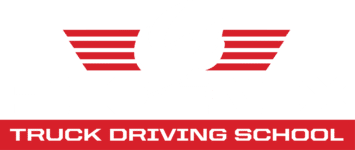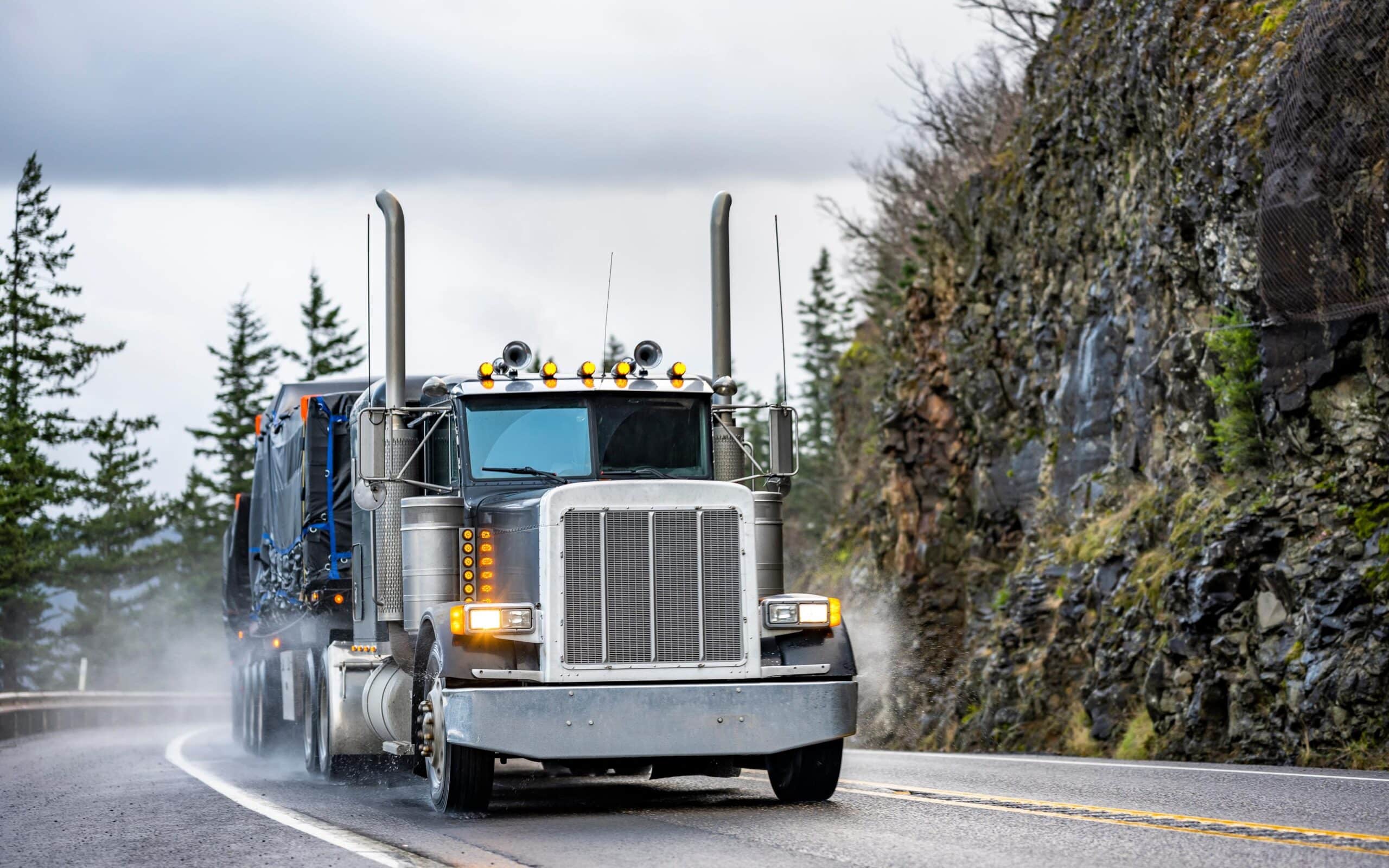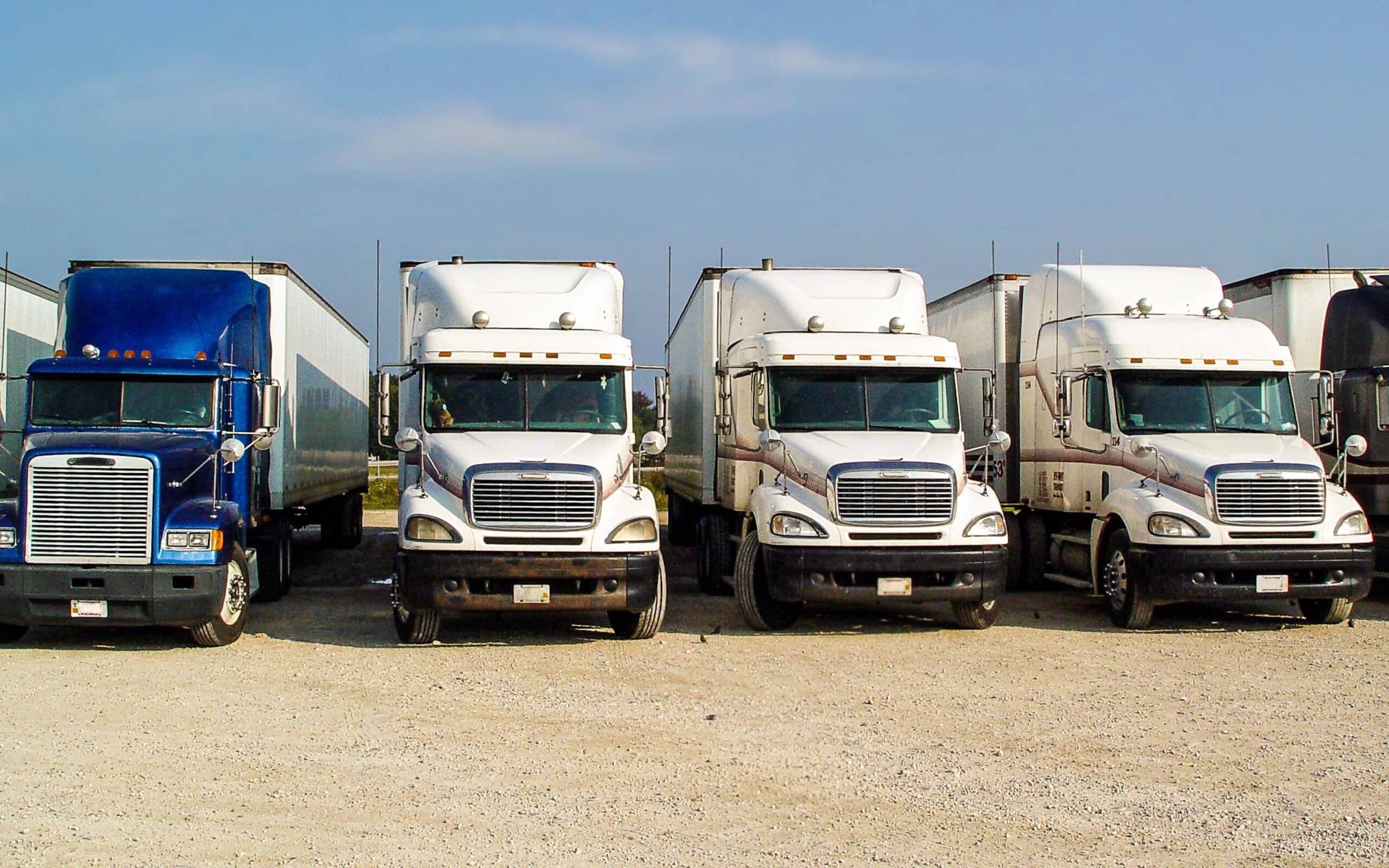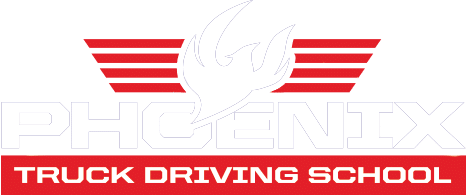If you’re exploring a career in trucking, one of the most important decisions you’ll make is what type of freight you want to haul. The kind of freight transported not only impacts your day-to-day work but also affects your pay, schedule, and required endorsements. From dry goods to hazardous materials, each type of freight shipping has its own requirements and benefits.
Let’s break down the different types of freight so you can find the trucking job that’s right for you.
1. Dry Van Freight
Dry vans are one of the most common and beginner-friendly options in trucking. These enclosed trailers haul non-perishable goods such as packaged food, clothing, electronics, and other dry goods. It’s a cost-effective method of transport and a great place to start for new drivers. Dry van jobs often involve full truckload (FTL) or less-than-truckload (LTL shipments) and rarely require extra endorsements.
2. Refrigerated Freight (Reefers)
Refrigerated trucks, also known as reefers, carry temperature-sensitive freight like dairy, meat, and produce. These jobs come with added responsibility because the cargo must remain at a constant temperature throughout the journey. Due to this, reefer drivers often earn more than dry van drivers. Reefer freight frequently travels long distances and is a critical part of the food supply chain.
3. Tank Trucks
Tank trucks haul liquids, gases, or even dry bulk like sand and sugar. If you want to haul fluids, you’ll need a tanker endorsement. Some tankers also transport hazardous materials, which require a hazmat endorsement. While tanker jobs can be more complex, they usually offer higher pay. These drivers play an important role in moving raw materials and construction materials across the country.
4. Hazardous Materials (Hazmat)
Hazmat drivers transport materials that are flammable, toxic, or otherwise dangerous. This includes chemicals, fuel, and certain gases. Hauling hazmat requires a special endorsement and strict adherence to safety rules. While it’s one of the riskier types of freight shipping, it can also be one of the most rewarding in terms of pay.
5. Flatbed Freight
Flatbed trucking involves hauling oversized or oddly shaped cargo like machinery, lumber, and steel beams. These trucks don’t have enclosed trailers, so the driver must secure the load using straps and tarps. It requires more physical effort but pays more per mile. Many flatbed jobs are tied to construction and industrial work and can involve local or long-haul routes.
6. Intermodal, Rail, Air, and Ocean Freight
While most truckers focus on road freight, it’s helpful to understand the wider freight transportation system. Intermodal freight uses multiple forms of transport—like combining rail freight or ocean freight with freight trucks—to move goods efficiently. Air freight is the fastest but also the most expensive option, while rail and ocean freight are often used for moving bulk freight shipments over long distances.
CDL Jobs for Crane Operators
Some crane operators also need a Commercial Driver’s License (CDL), especially if the crane is driven on public roads. If you’re looking to expand your job options, CDL training can open the door to roles beyond traditional freight.
Launch Your Career with the Right Freight Fit
With so many options—from dry vans to tankers—understanding the different types of freight can help you choose a job that aligns with your interests and goals. At Phoenix Truck Driving School, we offer CDL training that prepares you for a wide range of freight jobs, including those requiring special endorsements. Start your CDL journey today and find the freight path that fits you best.















